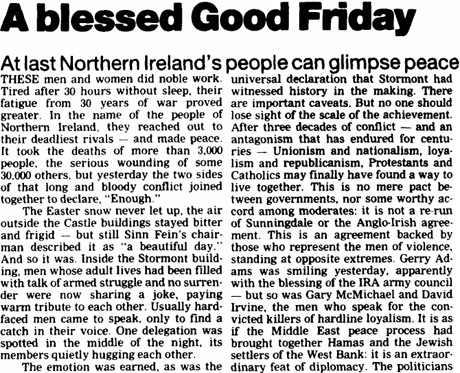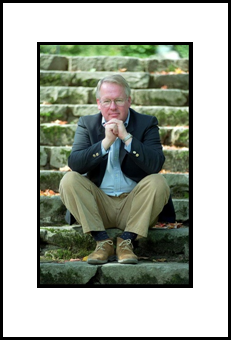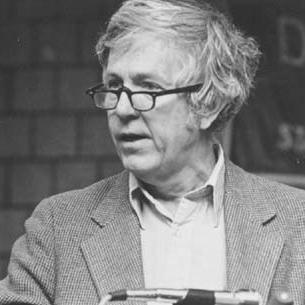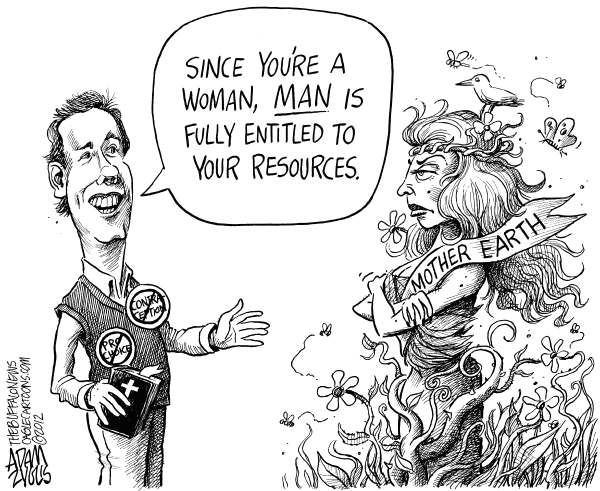
This crowd is rebelling against the so-called New Atheists, who served up a brash assortment of down-with-God books during the mid-00s and who are now apparently the old-new atheists. One of the really new atheists is the Swiss-born London intellectual Alain de Botton, who has turned heads on both sides of the Atlantic with his book Religion for Atheists. In it, de Botton argues that one can be “left cold” by religious doctrines and still treasure “the ways in which religions deliver sermons, promote morality, engender a spirit of community, make use of art and architecture, inspire travels, train minds and encourage gratitude at the beauty of spring.”
He would like to see your local atheists build “a temple to anything that’s positive and good,” like friendship. Or mimic other faith establishments like the Franciscan retreat house—by opening up “a secular hotel for the soul,” a place of quiet reflection and personal enrichment, he suggests.
Among the new-new atheists, I also count the Harvard evolutionary biologist Edward O. Wilson (beliefs in immortality and divine justice “give priceless comfort” and “steel resolution in difficult times,” he writes in a new book); German philosopher Jurgen Habermas (liberal democratic society cannot flourish without “the Judaic ethic of justice and the Christian ethic of love,” he concludes); magazine publisher Bruce Shelman (An Atheist Defends Religion is his offering to the genre); and other secular souls in that choir. Their standard refrain is that religion contributes to both social cohesion and personal contentment.
What does all this tell us other than the obvious—that not all atheists are damning religion? I might have to get back to you on that, but I can’t think of much offhand. These writers are commendably fair-minded, but they aren’t showering us with insights about faith and society. They’re the latest in a long and fairly insipid tradition of believers and unbelievers alike who have applauded religion as a useful buttress of society—a public utility of sorts. They seem to have trouble distinguishing between religious faith and the National Grid, between God and Con Ed.
A stinging response to this flurry of faith-friendliness has come from the impious British literary critic Terry Eagleton. Writing in The Guardian he pointed out that some great thinkers such as Machiavelli, Voltaire, and Diderot held to the view that “I don’t believe myself, but it is politically prudent that you should.” That slogan is alive and well, Eagleton reports. Back in January he had this to say in a preview of de Botton’s Religion for Atheists:
What this book does, in short, is hijack other people’s beliefs, empty them of content and redeploy them in the name of moral order, social consensus and aesthetic pleasure. It is an astonishingly impudent enterprise. It is also strikingly unoriginal. Liberal-capitalist societies, being by their nature divided, contentious places, are forever in search of a judicious dose of communitarianism to pin themselves together, and a secularized religion has long been one bogus solution on offer.
Invisible Mortar
I don’t think Eagleton doubts that religion serves all these ends and then some: he points without elaborating to Machiavelli’s observation that religious ideas are an excellent way to “terrorize the mob.” The question, which reaches beyond his polemic, is whether the public-utility view of religion is adequate. It does have its merits. It reminds us of how religion has often provided a sense of shared purpose, “a kind of invisible mortar for our common life,” as described last week by New York Times columnist Ross Douthat, author of Bad Religion. But as Douthat notes, religion has also supplied moral critiques of our public life. That too has been a vital function though not an unmixed blessing.
Martin Luther King and the liberal ministers, rabbis, and priests who coalesced during the 1960s epitomized the less-convenient role of religion in America. They called on the forces of faith to confront society and its unjust structures, not prop them up. Like the Hebrew prophets they condemned far more than they condoned.
Then came the conservative evangelicals in the late 1970s. They showed that two ideological sides could play this unruly game of prophetic politics. Conservative Catholics and Republican office-holders increasingly allied with them. So now we have a culture war against the so-called “war on religion” and other furious confrontations—a style of religious-political engagement sure to stay with us through the election year. …read more













